Communities across state fear ‘water grab’ by Wall Street-backed corporation would usurp local control of water supply
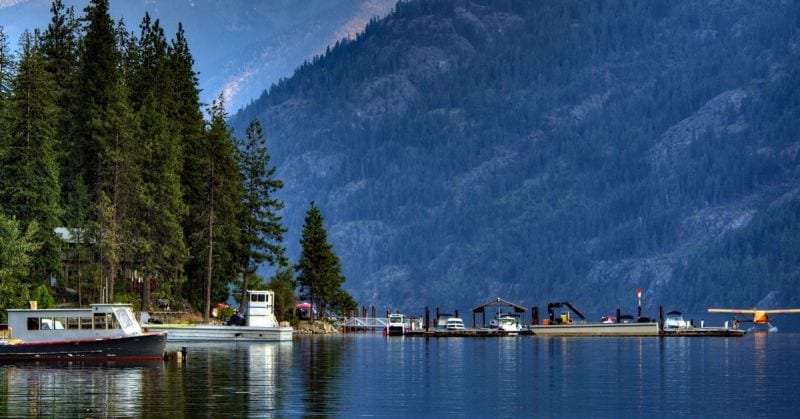
Liquid asset: Lake Chelan in the North Cascades is included in a water banking plan being pursued by Crown Columbia Water Resources LLC. Photo by National Park Service
By Ann McCreary, Methow Valley News. March 19, 2021. A novel concept proposed by a private investment company would create a new water bank that would allow the company to acquire water rights anywhere within the vast Columbia River Basin in Washington state.
Crown Columbia Water Resources LLC has applied for an “area-wide water permit,” that “would make water available for long-term loans and leases throughout the Columbia River Basin,” according to the Washington Department of Ecology, which must approve creation of the new water bank.
Ecology recently sent a letter requesting input on the proposal to hundreds of local, state and federal officials, tribal leaders and other stakeholders in the Columbia River Basin in Washington, which occupies the entire south-central portion of the state from the Okanogan Highlands to the Pacific Ocean on the Oregon border.
“This is a new approach … a much larger scope,” said Joye Redfield-Wilder, a spokesperson for Ecology.
The untested concept has prompted concerns about potential speculation in a scarce public resource by a Wall Street-backed company.
MORE: As water becomes scarce, water banks take control
The application from Crown Columbia is being considered by Ecology’s Office of Columbia River (OCR) as a way to “streamline access to water supply in the Columbia River Basin” under a single water rights permit, according to a fact sheet from OCR.
Crown is asking “to appropriate public waters from all surface water and groundwater in hydraulic continuity with surface water, within the mainstream or tributary of the Columbia River within Washington State at the instantaneous rate of 49.9 cubic feet per second (cfs) for the purposes of irrigation, domestic and municipal water supply,” Ecology said in its letter to public officials and stakeholders.
The 49.9 cfs, or 36,126 acre-feet per year, “is the maximum quantity Crown is seeking to divert at any one time,” according to Ecology. The amount is just below the threshold—50 cfs—that would require an analysis of environmental impacts under the State Environmental Policy Act.
[perfectpullquote align=”full” bordertop=”false” cite=”” link=”” color=”” class=”” size=””]About half of the investment capital has come from retired partners of Goldman, Sachs & Co.[/perfectpullquote]
Under the area-wide permit, Crown Columbia would place water rights it has acquired into the new water bank, with the rights deeded to Ecology under the state’s Trust Water Program to be used for instream flow and to provide mitigation for new uses anywhere in the Columbia River Basin.
Crown Columbia could then lease or sell mitigation credits for water rights for new uses, such as irrigating dryland farms that are offset by the water held in the bank.
“Crown is requesting a place of use of the entire basin as a means of contemplating future water right acquisition into the proposed water bank,” according to Ecology.
‘Grab any and all water rights’
The sweeping proposal has raised questions and concerns around the state, including the Methow Valley in the North Cascades. A formal objection from Methow Valley Citizens Council said Crown Columbia’s application, filed in October 2020, is incomplete and should not have been accepted by Ecology.

Water warrior: Mayor Soo Ing-Moody is a veteran of fights to replace lost water rights in Twisp. Photo courtesy Town of Twisp
Okanogan County Commissioner Andy Hover is among the hundreds of elected officials and agency representatives in 24 counties invited by Ecology to consult on the application.
“My position, and the other (Okanogan County) commissioners’ position, is that we’re opposed to a big corporation coming in and applying for water rights,” Hover said on March 1. “They’re not actually making the application correctly. They’re not giving Ecology a point of withdrawal or place of use.
“They want a water right to then put in trust, but you have to … establish a use, and then put it into trust. If you are asking for a groundwater right you have to inform Ecology where you’re going to be pulling the water from.
“They are trying to grab any and all water rights to put into their portfolio in order to sell it downstream. How can they ask for water out of our basin when we already have junior users whose water rights get curtailed?”
The concept of an area-wide water right “is so novel we don’t know how it will be implemented,” said Twisp Mayor Soo Ing-Moody, who guided the town through fallout from wildfires and a years-long struggle to replace lost water rights. “It’s my hope Ecology doesn’t act too hastily, since it is such an unprecedented request.
“Our community is aware of the potential implications. Once this happens, there may not be any control locally about how it’s used, or where it’s going to be used.”
“Privatization of water, a public resource, is not something we in the Methow support at all,” said Mary McCrea, a retired water attorney and former chairman of the Methow Watershed Foundation. “Crown is a for-profit manager of a public resource. They are speculating using the public’s water.”
New York investors back bank
Mark Peterson, a Wenatchee attorney representing Crown Columbia, has described the company as a “water banking operation” that holds a portfolio of water rights to use for mitigation for future uses.
Crown Columbia Water Resources is affiliated with a larger corporation called Petrus Partners Ltd., based in New York City, which invests in real estate and farmland. Through its affiliate, Crown West Farm Group, Petrus owns 8,000 acres of farmland, according to the Petrus website.
In 2015 Petrus formed Crown Columbia Water Resources LLC, a water banking company with an address in Spokane. Crown Columbia controls 50,000 acre-feet of water in the Columbia-Snake River Basin, according to the website. About half of Petrus’ investment capital has come from retired partners of Goldman, Sachs & Co., the website states.
MORE: Water gate investigation underway on Oregon Coast
Crown Columbia was previously involved in water rights transactions in the Methow Valley, when the company attempted to purchase water rights in 2018 from a Winthrop rancher who owned surface water rights from the Chewuch River.
The application received more than 80 comments from individuals and government agencies opposed to the transfer. Many worried that water rights used locally for irrigation would be transferred downstream and lost for use in the Methow Valley.
Attorneys for Crown Columbia withdrew the application in 2019.
Strenuous objection
In its letter of objection to Crown Columbia’s area-wide water permit application, Methow Valley Citizens Council (MVCC) said the application fails to provide specific information required by statute to be included when the application is filed, and instead refers to a Trust Water Agreement with Ecology to respond to questions on the application.
That agreement was amended in October 2020 and includes language stating that “Crown intends to apply for one or more new mitigated area-wide permit(s) appurtenant to extensive lands adjacent to the Columbia River.”
MVCC was joined in its objection by Okanogan Highlands Alliance and the Center for Environmental Law & Policy. “Crown’s application is insufficient on its face” and should be returned to Crown for the required information, the groups assert. “This must be done to allow the public and interested parties to understand the application.”
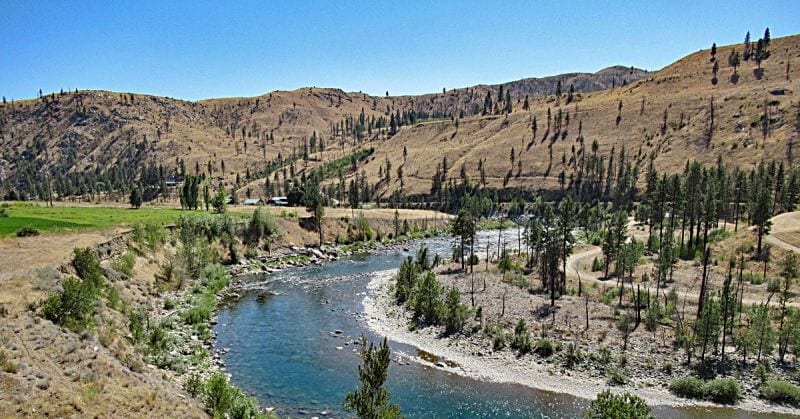
Keeping current: The Methow Valley Citizens Council and others want to retain local control over resources such as the Methow River. Photo by Jasperdo/Creative Commons
According to Office of Columbia River, the area-wide permit sought by Crown “will reduce much of the individual administrative costs associated with processing water rights, adding efficiency and flexibility to their use.”
“OCR has been tasked by the Legislature to aggressively pursue … creative ways to make water available,” said Ecology spokesperson Redfield-Wilder. The area-wide permit “is another tool to respond to water shortages and to protect streamflows and future uses.”
“The development of a water bank may provide a defined, quantifiable and available source of water for future irrigation and land use,” said Holly Myers of OCR. “Changing and retiming individual water rights can be costly and difficult to maneuver for individuals, making the banking mechanism a simpler process.”
New uses under the area-wide permit “would have to be permitted and those uses tracked,” Redfield-Wilder said. The permitting process for new uses would include applications, verification of proposed mitigating rights to offset new uses, reports of examination and development of permit provisions such as telemetered data to track water use. Crown will also be required to submit quarterly reports to ensure compliance with provisions of the area-wide permit, Ecology said.
Department of Ecology consulting with stakeholders
According to information from Ecology, Crown Columbia proposes to “seed the (water) bank and provide mitigation for the area-wide permit” with three water rights in its portfolio totaling 1,377 acre-feet per year.
The process of deeding those rights to Ecology is not complete, and they must be confirmed to be available and valid, said Myers. The locations of the mitigation water rights are the Wenatchee River, Lake Chelan from Stehekin and Walla Walla, on the tributaries and from the confluence of each with the Columbia River to the mouth, according to Ecology.
The area-wide proposal “builds in a mechanism to add water rights over time and space—the mainstream and upstream tributaries, for instance. This makes the area-wide approach unique,” Myers said. “Each new trust water right placed in the bank will go through the standard public notice process, and at that time Washingtonians will have additional opportunities for protest or comment.”
MORE: 7 best Basin B Corps
Crown Columbia will be required to show that new mitigated permits, when offset by the mitigating rights held in trust, will not impact other existing water rights and instream flows. Crown will also agree to “manage its portfolio of water rights to facilitate the preservation of water rights to the county” where the rights originated, Ecology said.
The Crown Columbia bank will offer counties an opportunity to acquire up to 25% of the water it owns in each particular county at the same cost incurred by Crown for its acquisition, according to OCR’s fact sheet. The Trust Water Agreement provides that Crown will prioritize its water marketing to counties where the water rights originate “in order to meet local demands.”
Public comment on the proposal is closed. Notice of the water right application was published in newspapers of record in 22 of the 24 affected counties in December and January, and notification was the responsibility of the applicant, Redfield-Wilder said.
Ecology is in a consultation period with specific stakeholders and is investigating the Crown Columbia application prior to preparing a Report of Examination. The report will be made available for public review and may be appealed to the Pollution Control Hearing Board.
Columbia Insight is publishing this story with permission from Methow Valley News, where it was originally published.


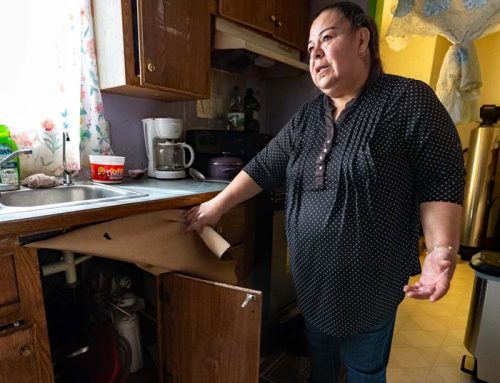

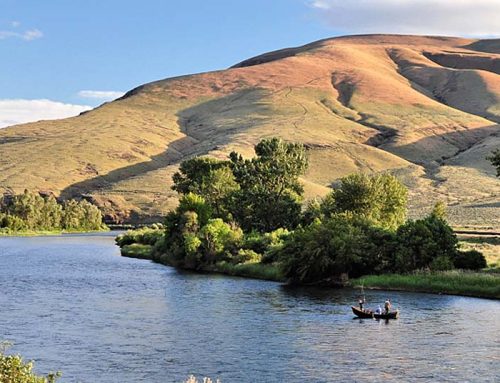
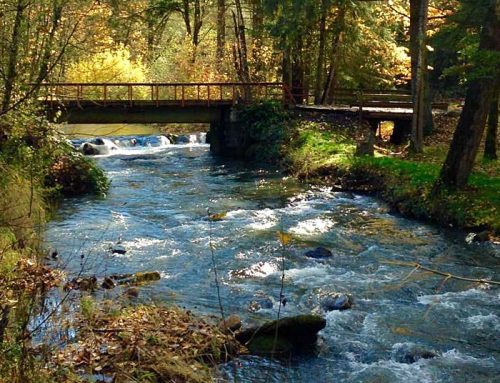

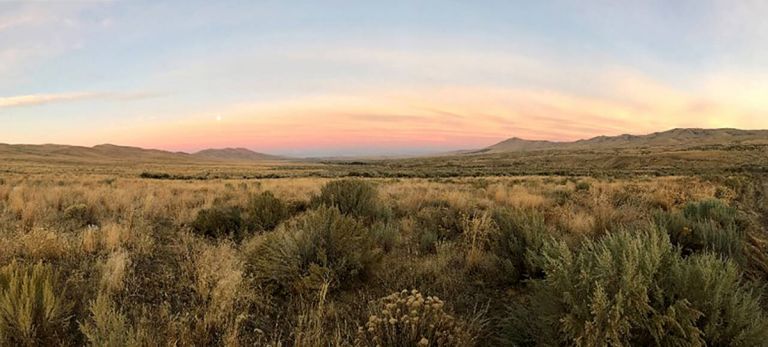

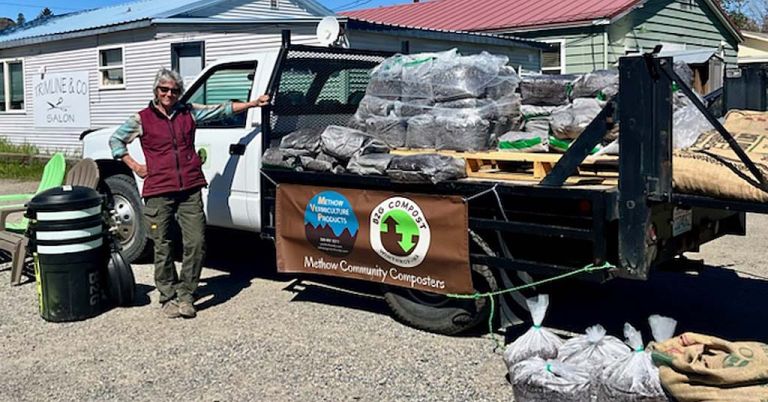


This proposal seems rife with potential abuse. What is wrong with state and local agencies having control of water issues? Once water becomes a commodity to be traded for investment purposes it ceases being a resource for all the people. Let’s put the magnifying glass on this proposal and see who really benefits over the long term.
When individuals and nations from out of country are allowed to buy our land already, then this act screams alert, alert! Now what could harm our citizens is loss to access of local water for their personal use and local land owners who are this nations food producers?! Why in the world would any sane government elected or appointed bureaucrat think this control of water within our state boundaries should be given over to anyone, let alone those we have zero control over!!!
Do your own searching
Here is just a start!
https://www.quora.com/Which-countries-own-the-largest-chunks-of-the-United-States?share=1
U.S. Land Held by Foreign Investers
Overall, Canadian individuals and entities own the most land at 4.7 million acres, valued at $4.6 billion. Netherlands is a close second at 4.5 million acres, valued at $6 billion.
Foreign buys of U.S. farmland keep increasing—as do efforts to ban them
The federal government owns about 640 million acres of land in the United States, about 28% of the total land area of 2.27 billion acres. The majority of federal lands are located in Alaska and the Western states.
There are currently renewed efforts to ban foreign ownership of U.S. land.
Several states are working with lawmakers to introduce bills banning foreign ownership.
Already, six states have laws banning foreign ownership of farmland. Those states are Hawaii, Iowa, Minnesota, Mississippi, North Dakota and Oklahoma.
Efforts to restrict foreign ownership of US farmland grows
These new mechanisms completely hide the intended uses of the water, neuter the 4 part water rights test further in WA, & cut the public & most impacted residents out of land use decisions.
Water is Life! No water privatization! Stop this nonsense!!
NO. NOT. NASTY. NEGLECT~Water IS Life for All, here
Large scale water right ownership absolutely must not be transferred to private ownership. This has proved disastrous around the world. Readers should watch “Rotten – Avocado Wars: The Battle Over Water Rights in Chile” to see how this works out. Water is a natural resource. Common sense, fairness and experience demand public ownership with decisions made for the larger community good.
No privatized/investors owned water rights for WA State! This is utter insanity!
This kind of thing should never be allowed!
WHAT DOES THIS TELL US?
The 49.9 cfs, or 36,126 acre-feet per year, “is the maximum quantity Crown is seeking to divert at any one time,” according to Ecology. The amount is just below the threshold—50 cfs—that would require an analysis of environmental impacts under the State Environmental Policy Act.
Crown has already started a numbers game with this 49.9 cfs proposal being just beneath the limit. Who will be monitoring the “BANK” within this thin line of diverted water? Sounds like diversion has already begun and not just of our water.
The area-wide permit “is another tool to respond to water shortages and to protect streamflows and future uses.”
So, giving CROWN control somehow magically gives them power to “respond to water shortages”? The last thing we need is a private company “responding” to our water use.
Crown will also be required to submit quarterly reports to ensure compliance with provisions of the area-wide permit, Ecology said.
Sound a lot like the fox guarding the hen house?
The area-wide proposal “builds in a mechanism to add water rights over time and space—the mainstream and upstream tributaries, for instance. This makes the area-wide approach unique,” Myers said. “Each new trust water right placed in the bank will go through the standard public notice process, and at that time Washingtonians will have additional opportunities for protest or comment.”
Building a mechanism sounds a lot like establishing the BANK as having control over our “time and space” and leaving the BANK in a position of carte blanche, with the effected communities having only “opportunities for protest or comment.” Which we all know means that communities will be facing long battels and incurring devastating expenses to battle the lawyers who will certainly be representing the BANK.
Crown will also agree to “manage its portfolio of water rights to facilitate the preservation of water rights to the county” where the rights originated, Ecology said
This paragraph says so much just read it a few times and see how terribly open ended the wording is. Smoke and mirrors indeed.
The Crown Columbia bank will offer counties an opportunity to acquire up to 25% of the water it owns in each particular county at the same cost incurred by Crown for its acquisition, according to OCR’s fact sheet
Suddenly we see the BANK in an ownership position. This should infuriate anyone reading this. Perhaps just reading the above a second time will be enough?
Public comment on the proposal is closed. Notice of the water right application was published in newspapers of record in 22 of the 24 affected counties in December and January, and notification was the responsibility of the applicant
Yes, public comment has been tucked away, somewhere in the pages of newspapers seldom read and now the lines are being drawn for the certain long and expensive battles to diffuse yet another attempt to control a natural resource by a private company. Do not let this happen